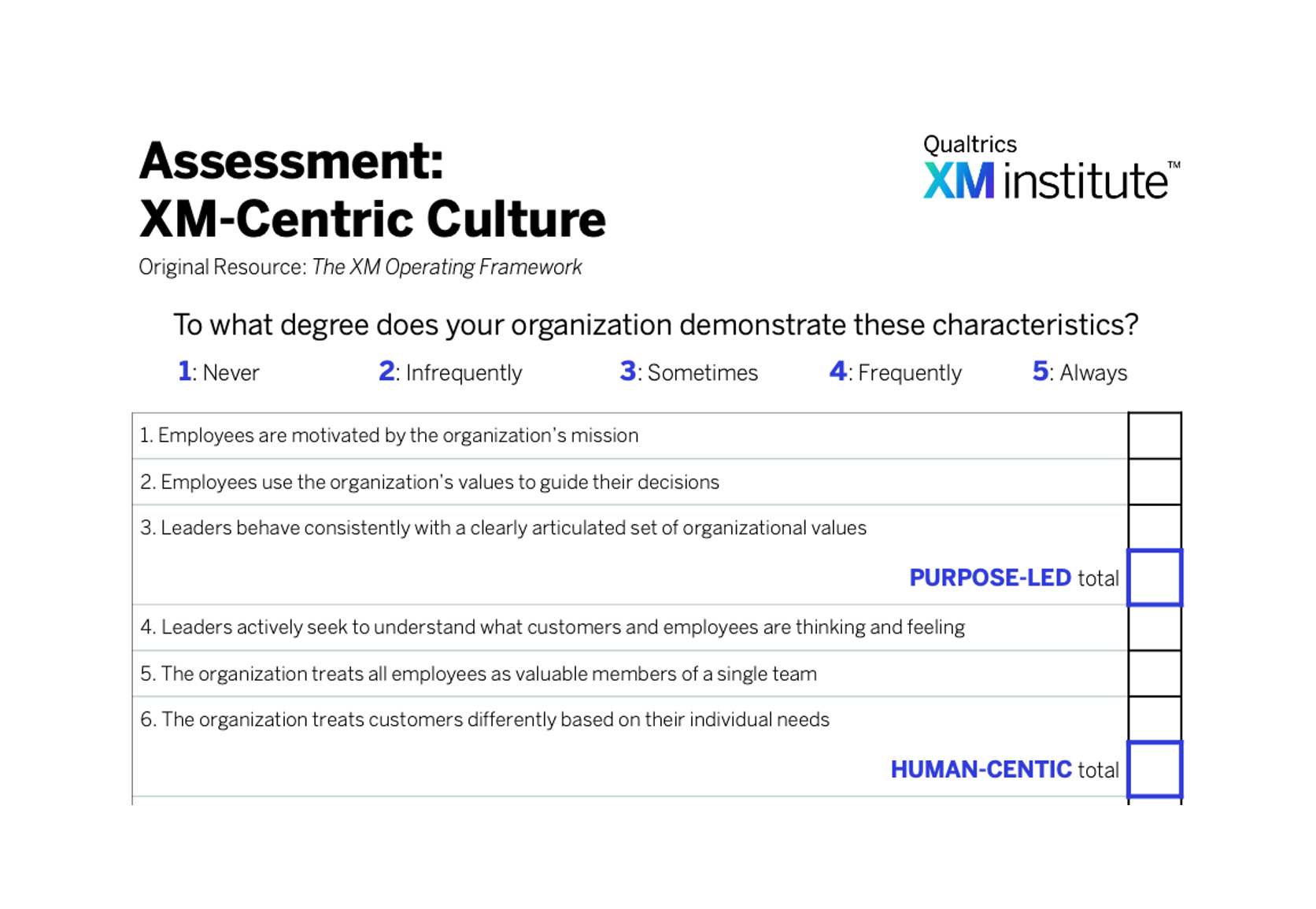I recently learned about Aravind Eye Care, which won the 2008 Gates Award for Global Health. Based in Tamil Nadu, India, Aravind has become the largest and most productive eye clinic in the world. It handles 2.4 million outpatients and conducts eye surgery on more than 285,000 people at its five hospitals in southern India. What makes the story so compelling is that Aravind provides care nearly free of charge for 65% of its patients.
According to the late founder of Aravind, Dr. G. Venkatswamy (affectionately referred to as Dr. V):
“Being of service to God and humanity means going well beyond the sophistication of the best technology, to the humble demonstration of courtesy and compassion to each patient.”
Here’s some of what we can learn from Aravind:
- Aggressively streamline repeating processes. Aravind identified high volume, repeatable processes like cataract surgeries and developed highly efficient and consistent approaches. Aravind surgeons carry out an average of 2,000 procedures a year, way ahead of the average 125 procedures achieved in the US.
- Limit the need for high-cost personnel. Aravind recruits young paramedical staff from local villages and trains them to carry out a wide range of duties from eye refraction testing to counseling and preparing patients for surgery. This leaves the surgeons free to operate, predominantly removing cataracts and inserting intraocular lenses.
- Get creative about differentiated service. Paying patients receive extra comforts such as air conditioning and greater privacy, but Aravind staff are rotated between free and paying hospitals so as not to compromise treatment quality.
- Blend centralized and distributed resources. Aravind uses a network in rural vision centers. The technology allows doctors in central hospitals to consult with clinicians at the vision centers in real-time via webcam, making quality eye care accessible to the rural poor who don’t have the time or money to travel to big cities for examinations.
- Don’t trade-off humanity for profits. According to David Green, a US consultant who setup a non-profit arm of Aravind for manufacturing ophthalmic products at affordable prices: “You can have a form of humanised capitalism and you can do it in a way where you don’t cannibalise your margins.”
The bottom line: We can all learn a lot from Dr. V.
This blog post was originally published by Temkin Group prior to its acquisition by Qualtrics in October 2018.





